1:1 Play Therapy
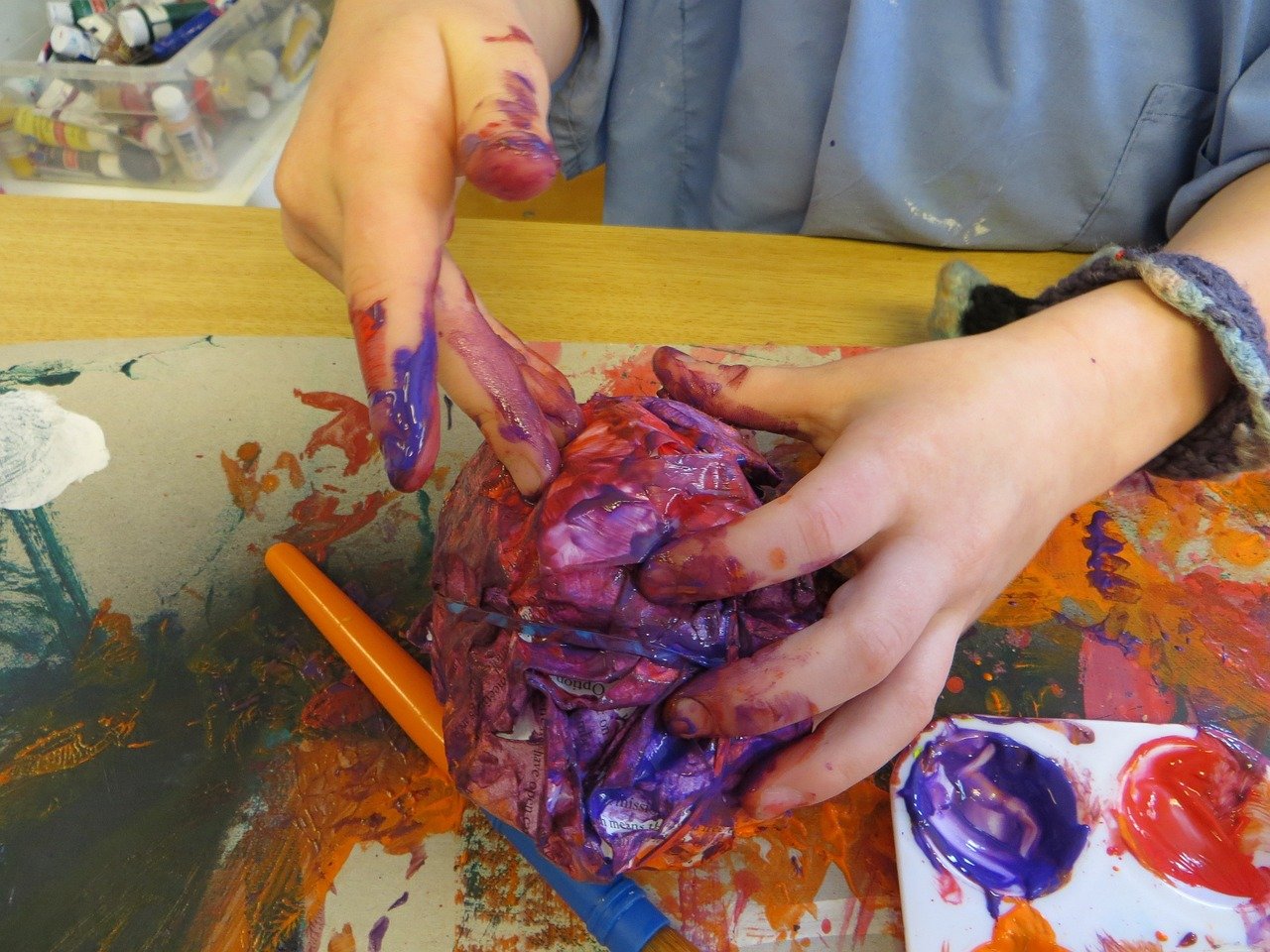
This child-centred approach uses play to empower children and young people to express themselves and communicate with their therapist. They have the freedom, space and time to explore their inner world, work through difficult life experiences and process their complex emotions in unique and meaningful ways.
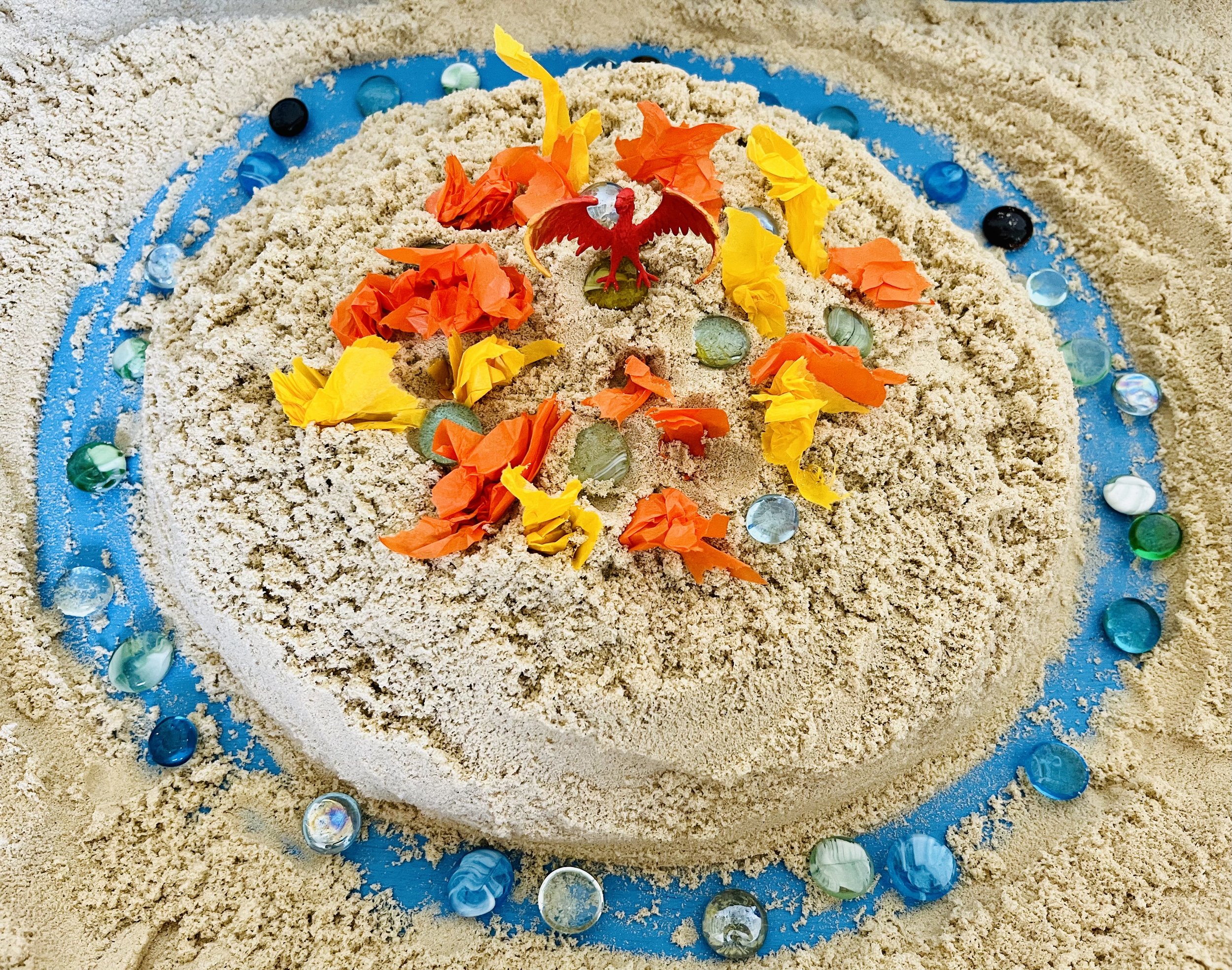
A range of creative resources are available to enable the therapeutic process to be playful and accessible. The resources include drawing, painting and craft materials, construction play, water, clay, sand play, small world play, creative visualisation, relaxation techniques, therapeutic storytelling, games, role-play, drama, puppets, movement, dance and music.
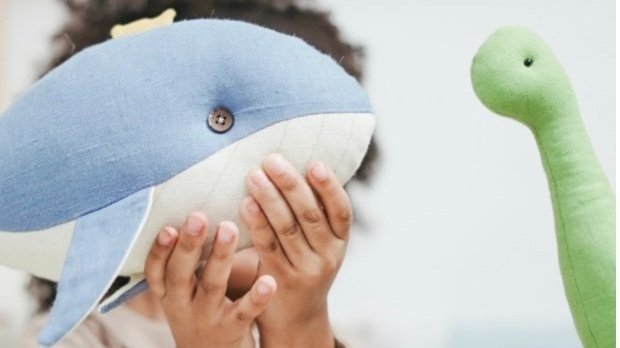
Thoughts and feelings can be hard for children to put into words, as they lack the cognitive and verbal abilities to do so. Children express themselves using play, their natural form of communication. Toys and how they use them become their language. In this child-centred environment, children can explore emotions and experiences in a developmentally appropriate way, at their own pace.
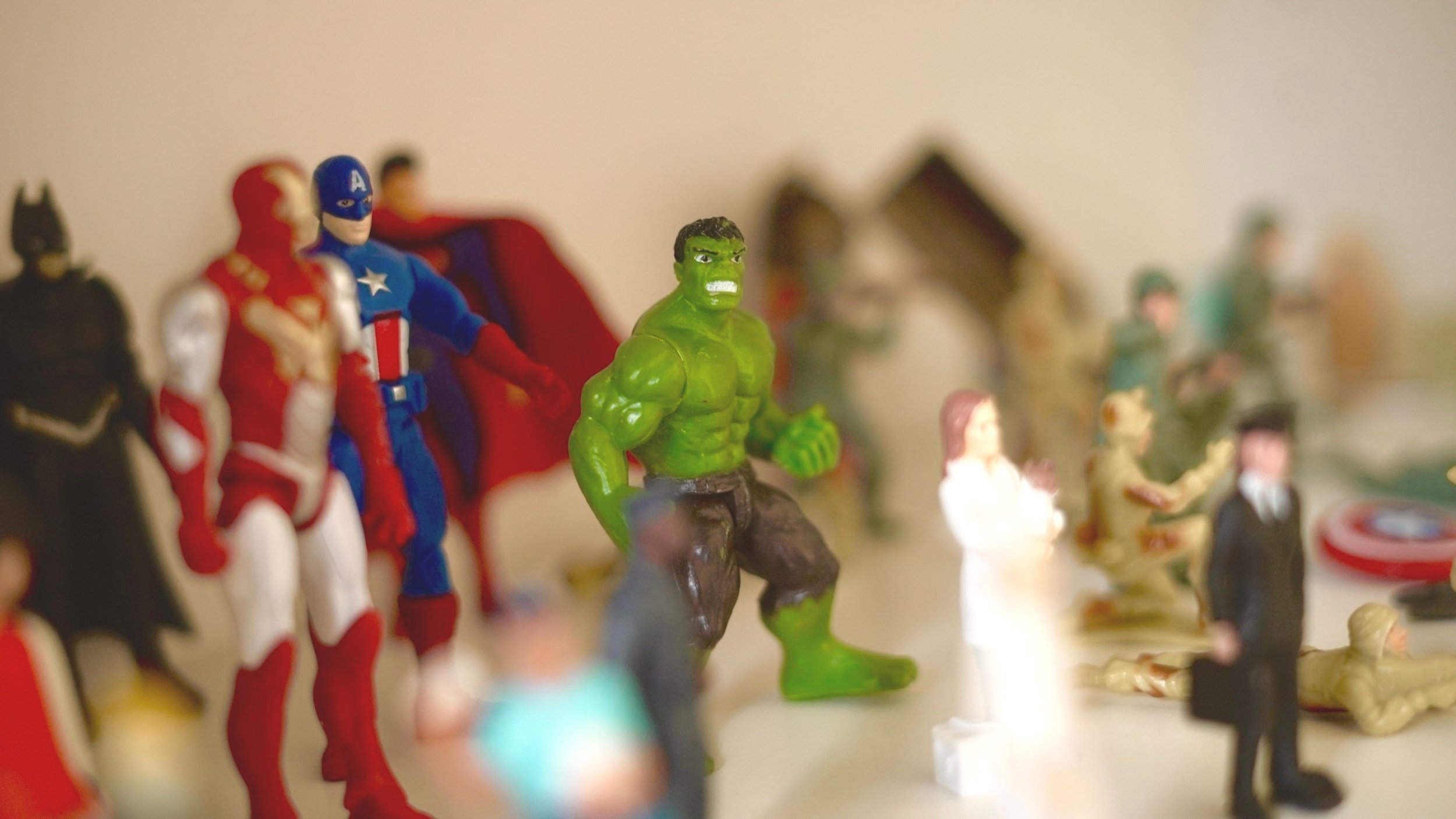
Children who have experienced friendship difficulties, bullying, aggressive and challenging behaviours, anxiety, phobias, obsessive behaviours, self harm, insecure attachments, developmental trauma, traumatic incidents, bereavement and loss, personal illness, or illness of a parent or sibling, difficult family relationships, separation and divorce, low confidence and low self-esteem, slow development and low attainment, low mood and depression can benefit from play therapy.
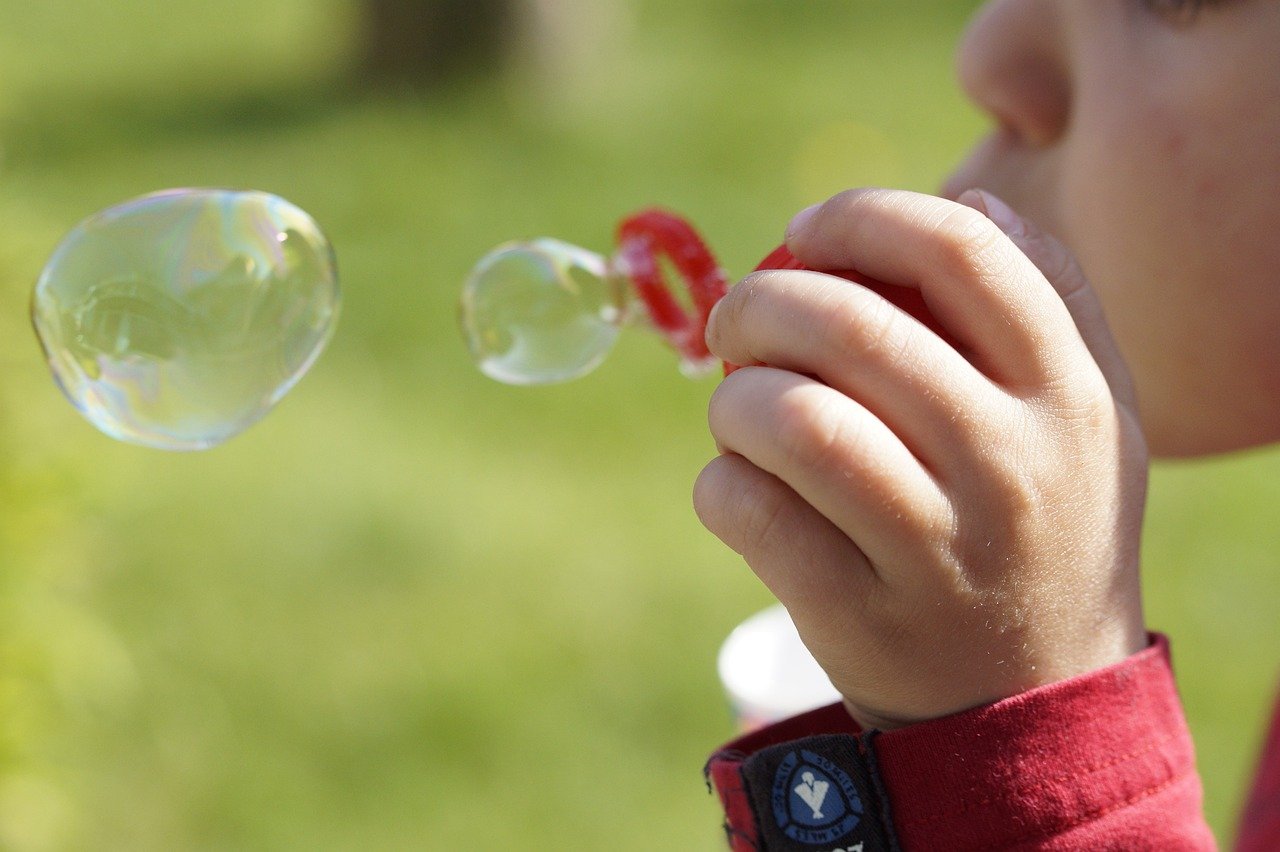
Play therapy provides an opportunity for children to ‘play out’ their feelings and problems. By acting out a difficult or traumatic experience symbolically through play and by repeating this experience in the safety of play therapy sessions, children develop control over their feelings and are better able to cope.
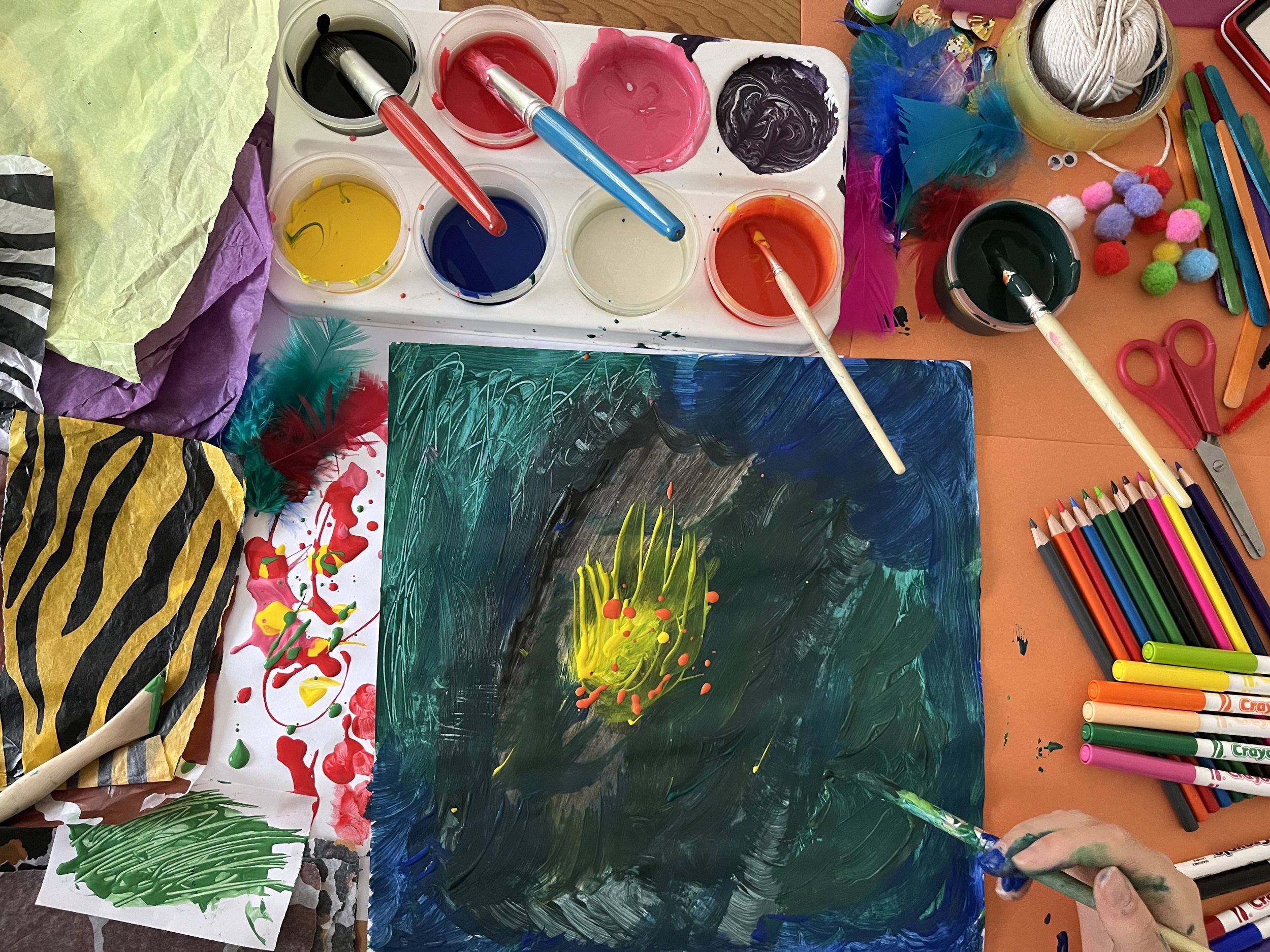
Play therapy alleviates social and emotional difficulties, which can prevent children and young people from achieving their full potential. Over time, they can develop a better understanding of themselves and their lived experiences. The therapeutic relationship is central to the process, as it enables them to experience trust, unconditional positive regard and acceptance for who they are. It provides an opportunity for children and young people to be heard and offers a space for connection, healing and growth.

Play therapy is an effective intervention for supporting children and young people aged between 3-13 years old. It is a long-term intervention, requiring a minimum of 12 sessions. Sessions are weekly and last for 50 minutes. Meetings will be held regularly to review progress.
Sometimes, as emotions start to feel safer to the child or young person, they may go through a more difficult period. This is part of the process and I can help support you through this.

